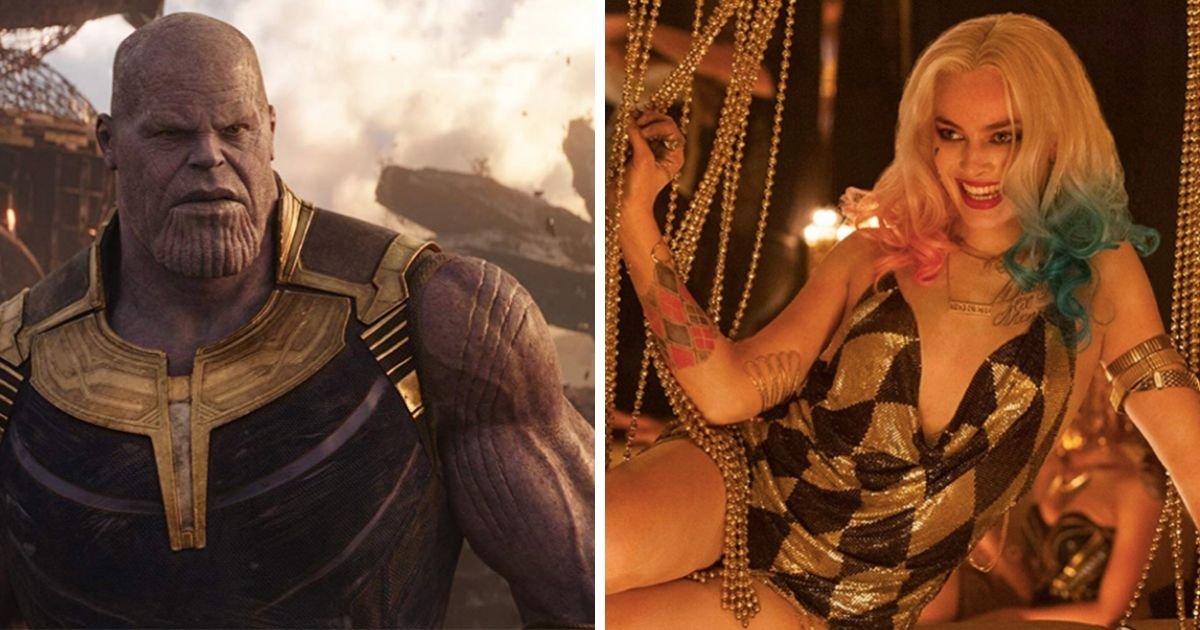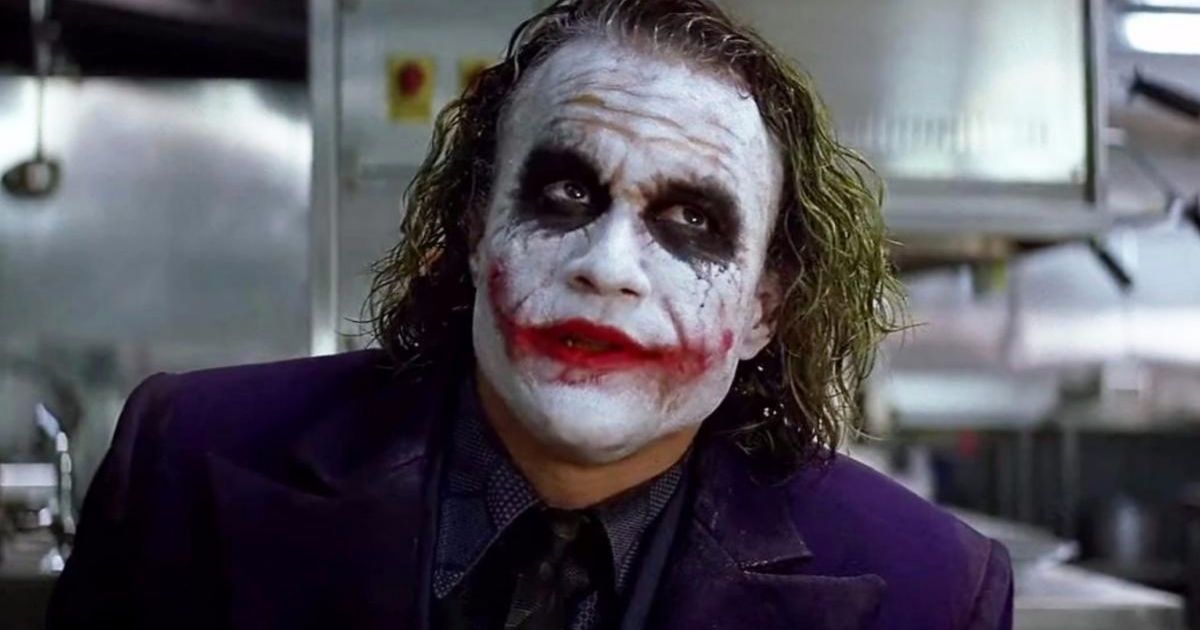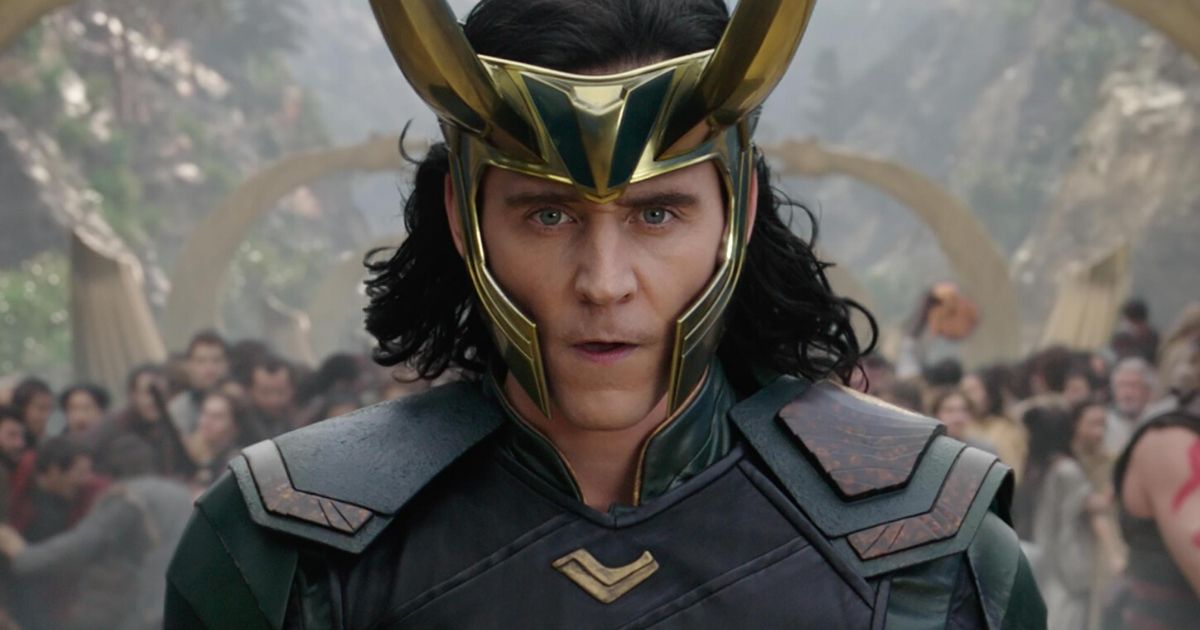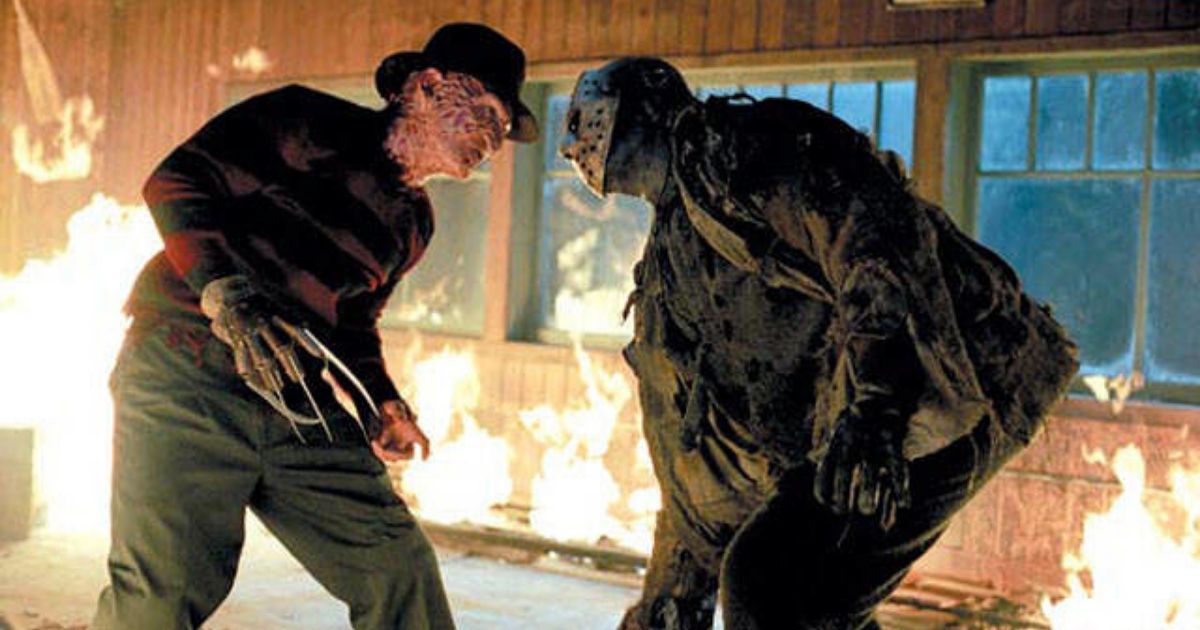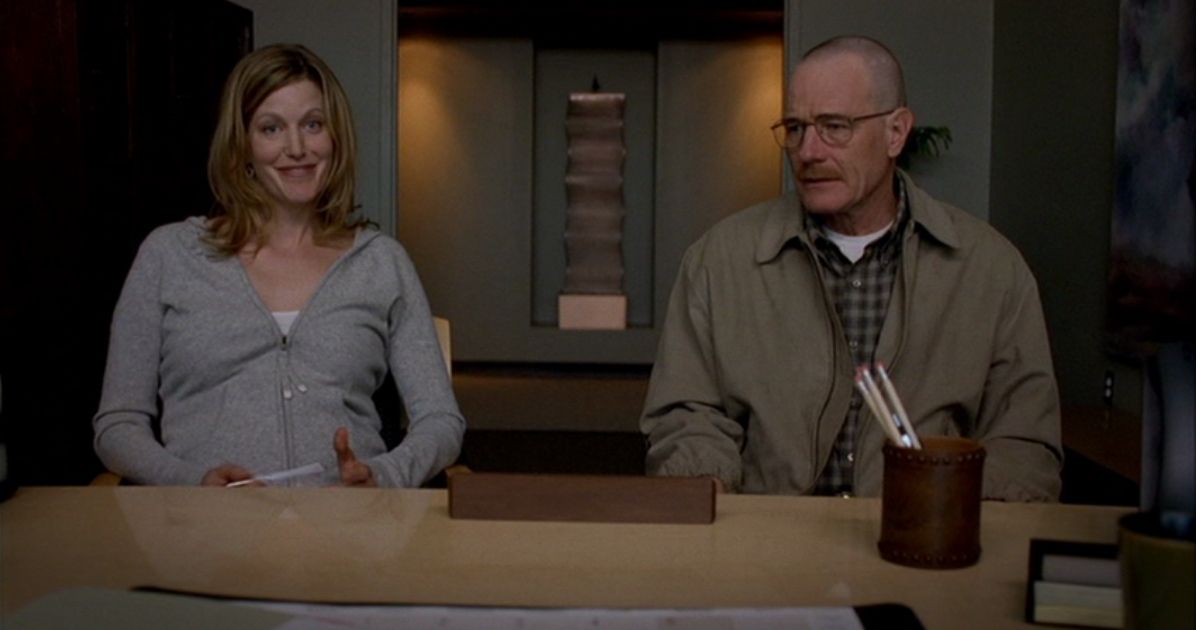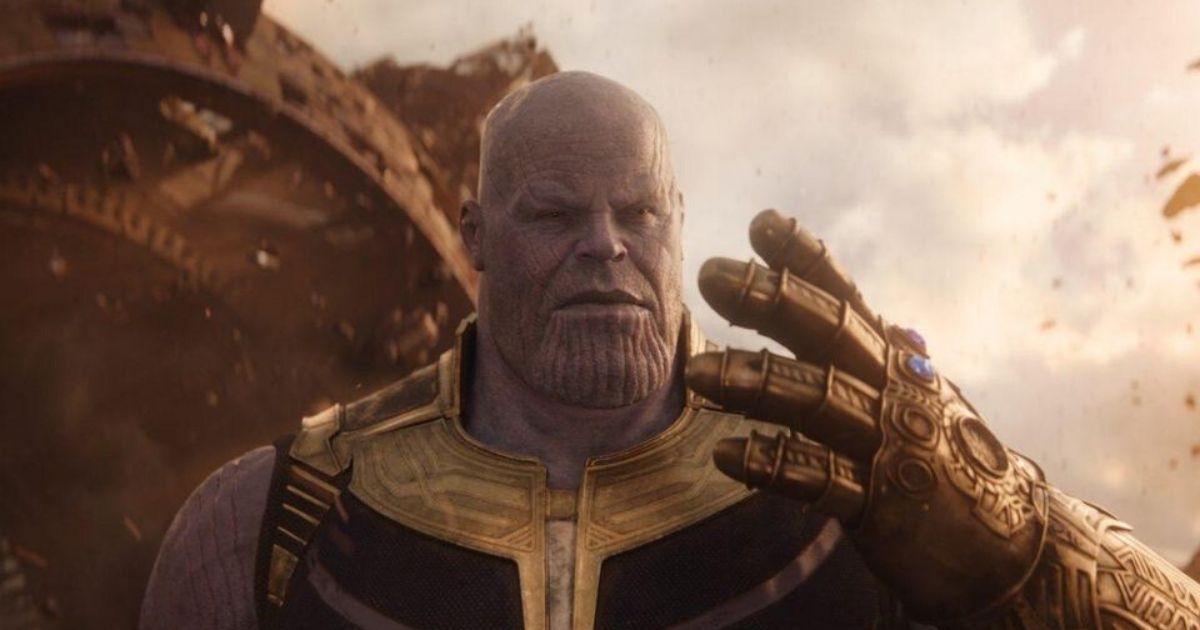For some people, watching a villain wreck havoc is satisfying and fun to watch because they offer ‘a safe haven for our darker selves’.
Our love affair with the villain is stems out of a healthy relationship with mildly voyeuristic behaviour; the buffer of fiction and the screen allows us, the innocent viewer, to indulge in the antagonist’s wicked fantasy. As such, we can root for them, whether it’s the Joker or Loki.
In a study ‘Can Bad Be Good? The Attraction of a Darker Self’ By Rebecca Krause PhD., Krause alongside Derek Rucker built research on the back of 232,500 anonymous users’ responses to a personality quiz that compared them to fictional characters, such as the Darth Vader, Joker but also Shrek, Yoda and Donkey.
In further lab experiments, they tested whether people made any distinction between fictional and real life villains, as well as looking at how their feelings change if it’s suggested that they are too similar to a particular antagonist. Basically, no one would like to hear that they’re exactly like Patrick Bateman, would they?
“Our research suggests that stories and fictional worlds can offer a ‘safe haven’ for comparison to our darker selves. When people feel safe, they are more interested in comparisons to negative characters that are similar to themselves in other respects.” Krause said.
“For example, people who see themselves as tricky and chaotic may feel especially drawn to the character of The Joker in the Batman movies, while a person who shares Lord Voldemort’s intellect and ambition may feel more drawn to that character in the Harry Potter series.”
Maybe fiction paves a way to engage with the dark aspects of your personality without making you question whether you are a good person in general.
There’s no doubt that villains put a grisly smile on our face, just look at slasher movies. Friday the 13th’s Jason, Nightmare on Elm Street’s Freddy Kruger, Halloween’s Michael Myers; they all have something in common. People love to watch them murder people, no matter the victim’s value as a human being. We have no mercy, we have blood lust and that’s okay.
It isn’t the violence alone that’s the draw but it’s as much about the exhilaration of the chase as conditioning. If you enjoy slasher films, you’d feel unsatisfied if there weren’t any brutal kills.
Whatever way the villain manifests itself, it has to appeal to our primal state of being, whether it be the harmless appeal of creative, fun violence à la slashers and Quentin Tarantino, or the suppressed corners of the psyche with characters like the Joker.
Another great example is Breaking Bad’s Walter White, his corrupt trajectory as meth chef is told through his position as the viewer’s protagonist.
While his actions veer from criminal to completely heinous, Bryan Cranston’s deeply considered performance throughout the series keeps the viewers gravitating around his moral compass. The show is designed in such a way as to inspire contempt, but you also egg him on under the surface.
For that reason, his wife in the series Skylar, received the fans’ hatred on Reddit and Twitter for continually hampering him. Who cares if he’s a criminal?
In Avengers: Infinity War, the Russo Brothers’ portrayal of Thanos’ genocidal plan was intentionally sneaky in a way that it nearly made sense.
Without context, wiping half of all life off the planet is an atrocity, but when presented with the Great Titan’s over-arching ‘for the good of mankind’ narrative (resources are finite, after all), you feel yourself almost being sucked in by his agenda.
To be clear, this is not an endorsement of Thanos or any villain’s actions, it is simply an illustration of how the normal viewers are drawn into their orbit. Not only do villains inspire complex feelings and allow us to indulge in the darkness, but they are a sharp escape from the sort of humanity most people embody.


